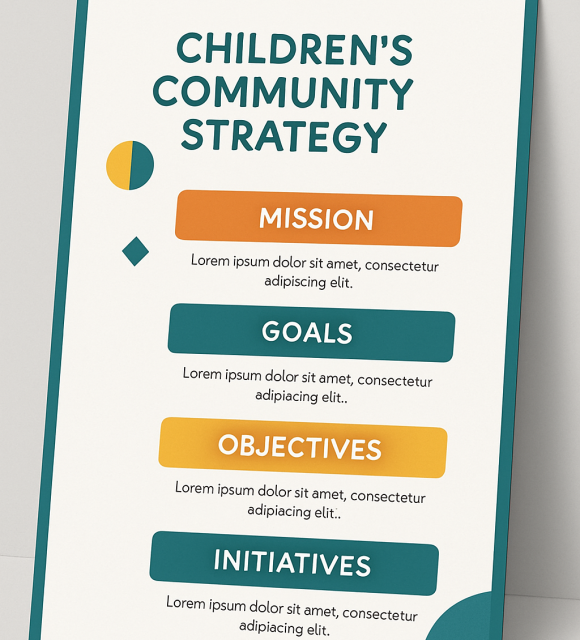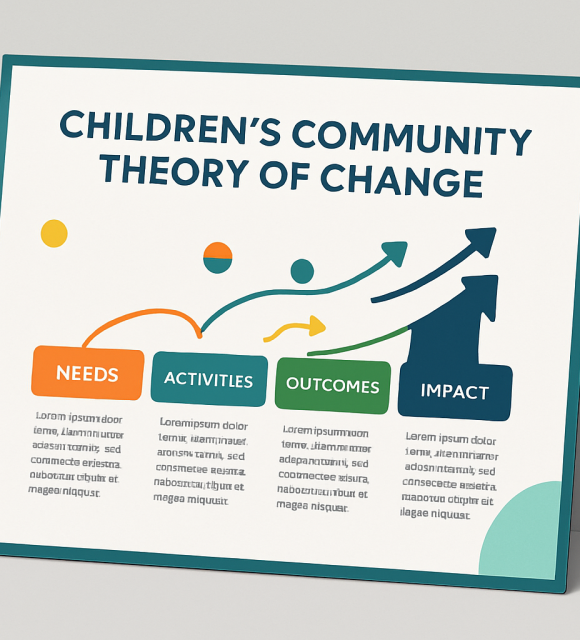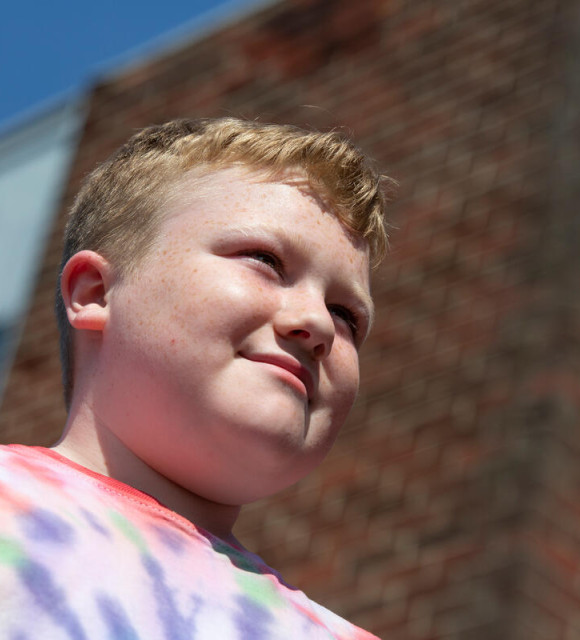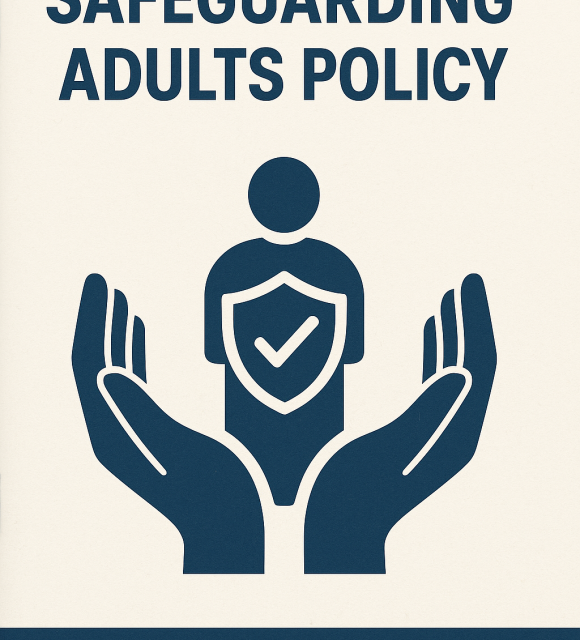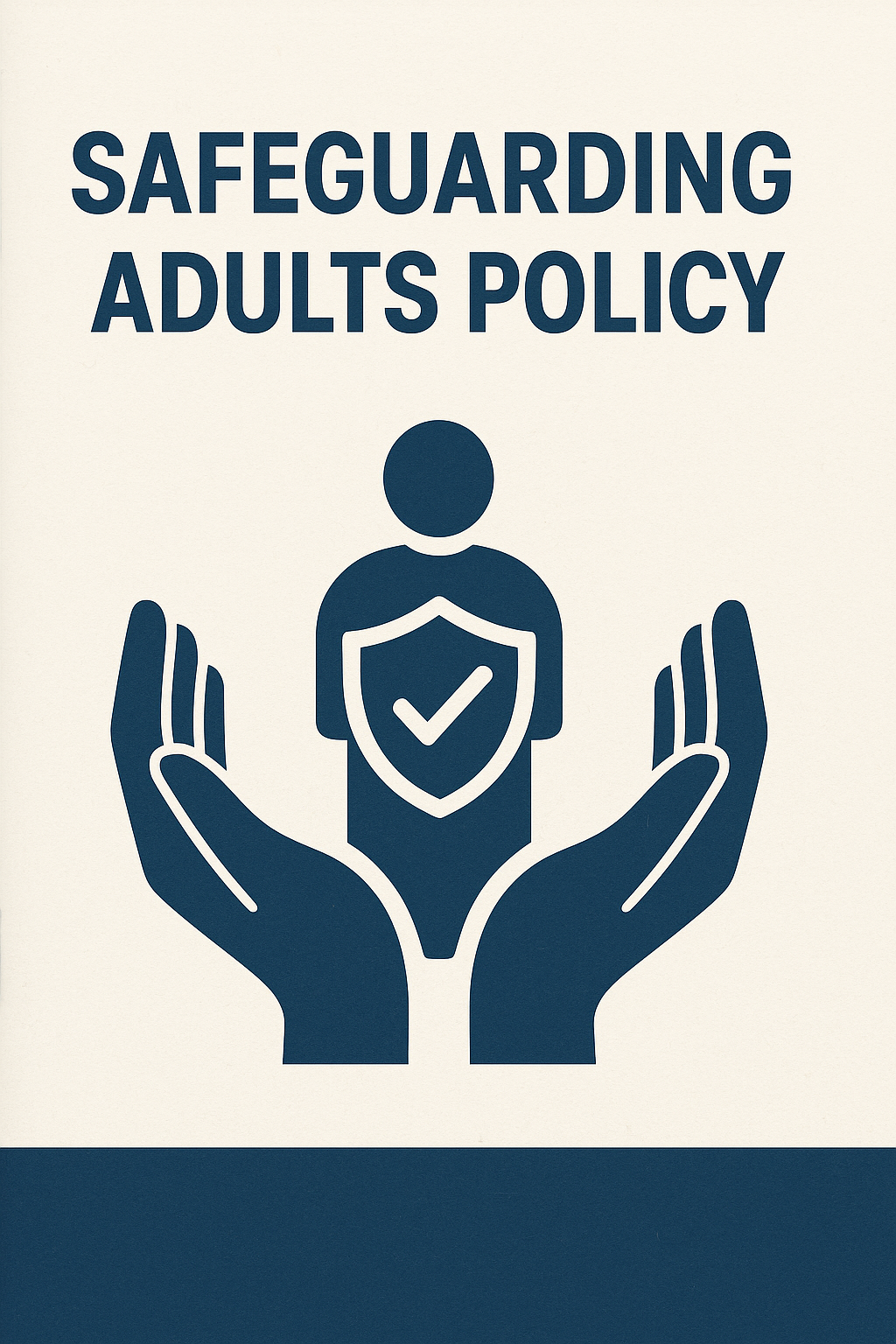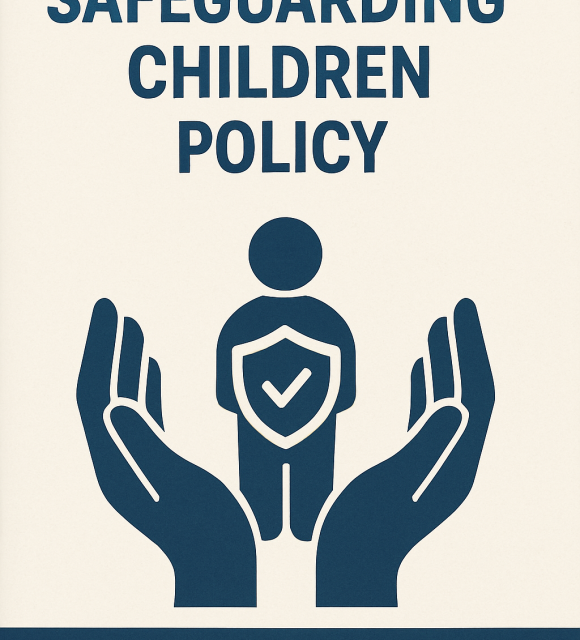You are here: Wallsend
What We Do
Meet Tommy
Tommy is 8 and has been diagnosed with ADHD. Tommy struggles desperately with mainstream school and school struggles financially and staffing wise to support the level of additional resource that Tommy needs without an Education Health and Care Plan (EHCP), which has been rejected at Local Authority level due to the lack of resources. Tommy’s parents have had to withdraw Tommy from school.
After 10 weeks at home, Tommy accessed the Summer of Fun run by WCC where he was able to be himself, without medication and engage in activities and make new friends. His case was picked up here. Facilitated by WCC, Mum, Dad and Tommy’s brother are now accessing services provided by North Tyneside Carers Centre, they are renewing their application for Disability Living Allowance at the appropriate level with the support of Citizens Advice. They are appealing the decision on the EHCP with professional support independent of the school and are now engaged in a managed move which will be supported by both schools and community organisations. Tommy has now been provided with resources through WCC and community organisations and the school whilst he is still at home and is accessing other activities.
Tommy – and every child and family – deserve opportunities to reach their full potential no matter where they live.
Wallsend is a 4 square mile area consisting of four wards and sharing boundaries with two others, which differ quite dramatically in terms of economic disadvantage.

Areas in Wallsend that are nearer the river have relatively high levels of deprivation. This is because, generationally, these communities have not fully recovered from the closure of shipbuilding and other industries which sustained these areas for such a long period of time. In fact, in the Howdon ward, 37% of children live in relative low-income families, 18% higher than the UK figure. Similarly, 31% of children in the Wallsend Central ward live in relative low-income families, 12% higher than the UK figure.
Deprivation is also reflected in lower life expectancy in these areas too: in Howdon, women are expected to live 4.2 fewer years and men 3.2 fewer years and, in Wallsend Central, women are expected to live 3.4 fewer years and men 3.8 fewer years, than the UK average for men and women. Levels of education are also lower in these wards compared with the rest of the UK: in Howdon, only 20% of residents have a degree qualification or higher, which is 18% lower than the UK figure. Although education rates are higher in Wallsend Central compared with Howdon, they are still 6% lower than the UK figure.
For the past 6 years, Wallsend Children's Community (WCC) has actively tackled inequalities hand in hand with children, families, schools, charities, healthcare and statutory and other services, both locally and nationally. WCC brings together key people and organisations interested in building a collective strategy for tackling poverty and its effects. These partners include a range of institutions such as local services, schools and community centres. By working towards a shared goal, we synthesise ideas and seek to create sustainable solutions to problems including health inequalities, educational gaps, delayed early years development and local aspirations. This work is called systems change.
The place in which a child grows up is a complex system. This includes the organisations, opportunities, influences and challenges that a child encounters, all of which affect the outcome of a young person’s life. Systems change is about identifying the parts of the system that don’t work, developing solutions and hardwiring them into the local community. The best local systems are those developed together with children and families – where their needs, dreams and aspirations are listened to right from the start.
For Tommy, this means that he gets to access activities and a level of education whilst work is done within the system to get him the right support. It means Tommy’s parents are supported in their journey to help him and his brother is not excluded or disadvantaged by the situation. It means that the schools have the support of community services and at a national level, the impact of the reduction of education, health and care plans can be evidenced and campaigned against.
Get Involved - Become a Trustee
We are currently looking for people to join our Board of Trustees. For more information and to find out how to apply, please see the documents below. Please note the deadline for applications is Midnight Monday 28 April 2025.
Safeguarding
To contact us or learn more about the Wallsend Children's Community, please get in touch with Paula McCormack, visit our Facebook Page or follow us on X/Twitter.


